Wednesday of Holy Week: Silence Crucifies
BY MICHAEL IAFRATE | April 12, 2017
Today’s Readings
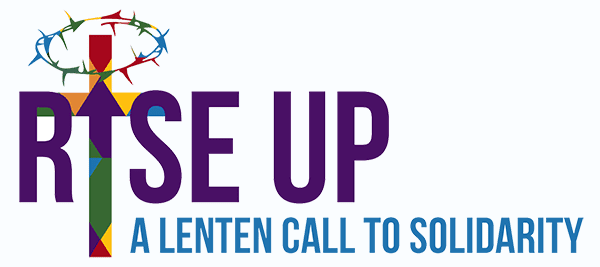
Leonardo Boff once wrote that, just as Jesus died a fully human, political death, Judas was no mere “puppet” in some divine plan, but a “concrete agent, responsible for [his] own decisions.” The church’s traditional name for today, Spy Wednesday, underscores the politics of Judas’ actions—and our own—to betray Jesus and his movement.
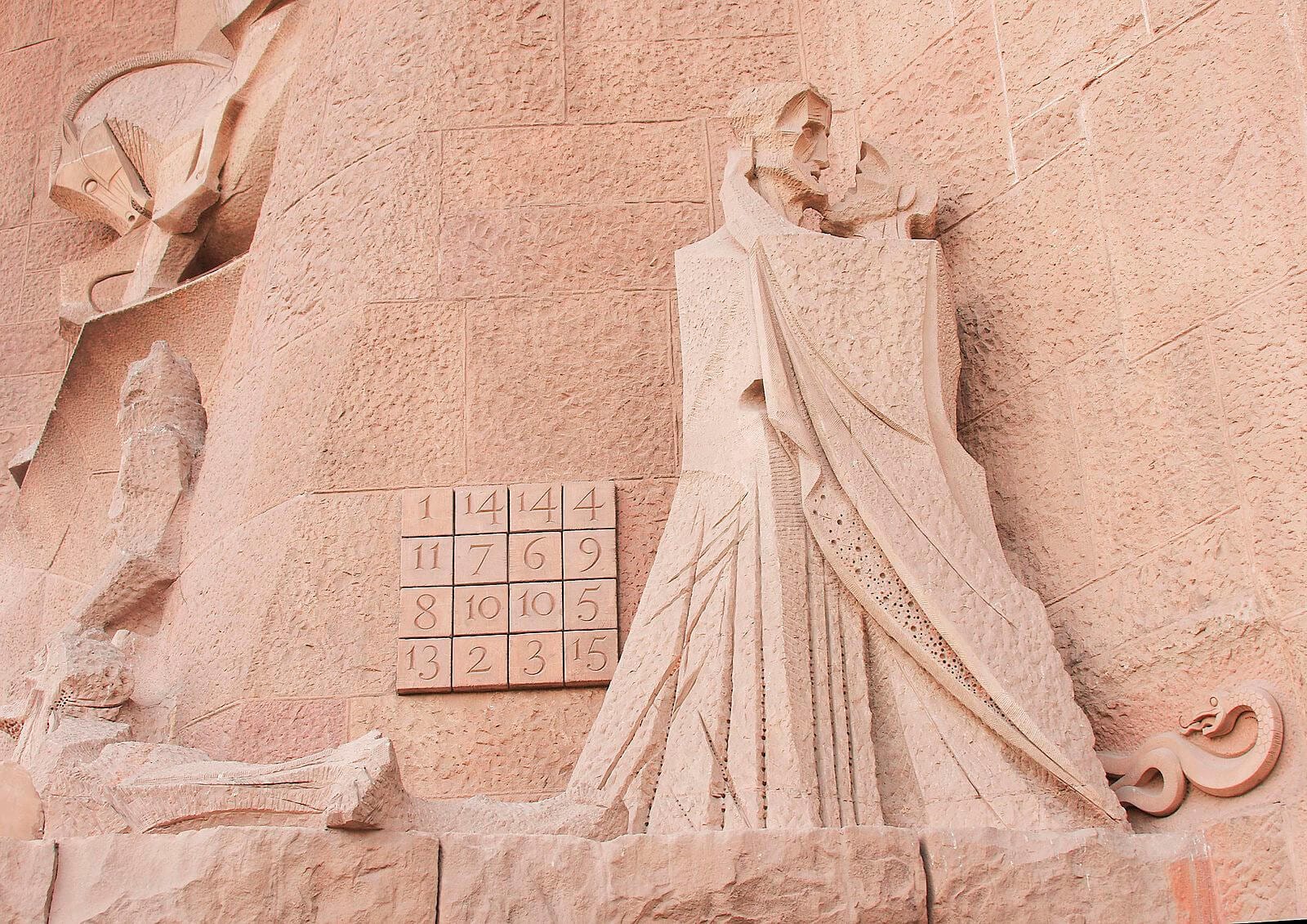
Jesus and Judas, Temple Expiatori de la Sagrada Família, Barcelona, via ferran pastaña
In Laudato Si’, we read that Christ is crucified today in the suffering of the poor and of the Earth (No. 241). The Catholic Committee of Appalachia makes this concrete in our recent “people’s pastoral,” drawing attention to “specific crucified places, wounds of Christ in our world… that cry out to be heard and felt.”
Places like Appalachia—crucified on the crosses of poverty, mining, fracking, and poisoned ecosystems—have their own specific Herods who crucify and their own specific Judases who betray. And despite popular rhetoric, these concrete agents are often not “outsiders” but people very close who “dip their hands into the dish with us.”
So many of us are capable of “handing over” the poor, and Earth itself, to death. We are told to trust those who serve us in politics, and yet, as Boff says, “Jesus, we must remember, was sentenced to death in a courtroom.” The poor are condemned there today as well. Likewise, Pope Francis reminds us that church leaders—the apostles’ successors—are no different from the rest of Jesus’ followers in our common capacity to crucify him when we fail to speak against injustice and instead buy into and benefit from it.
Appalachian scholar-activist Helen Lewis writes of the redbud—or “Judas trees”—that blossom at this time of year:
Holding fast in the arms of the mountains, […]
The redbuds… protest the devastation of their living place.
They are also called Judas trees.
Named for the Judas who hung himself in shame from a redbud tree
And dangled the blood money from the branches.
The Flowering Judases blush with shame.
They shout “Shame” to the Judases destroying God’s creation[,]
Crying out for the wilderness:
Wake up, the earth is being destroyed.
Change your ways of thinking, acting, being.
You are part of all living creatures.
For Lewis, creation itself revolts and shouts “Shame!” to its crucifiers. Followers of Jesus, too, can reject death-dealing silence and speak a prophetic word to shame the crucifiers and “rouse” the crucified (Isaiah).
Silence crucifies, but a prophetic word brings life!
Michael Iafrate is Co-Coordinator of the Catholic Committee of Appalachia (CCA) and served as the lead author of CCA’s “People’s Pastoral,” The Telling Takes Us Home: Taking Our Place in the Stories that Shape Us. He is a West Virginia native, a graduate of Wheeling Jesuit University (’99 and ’03), and is completing a dissertation in theology for the University of St. Michael’s College at the University of Toronto. His writing has appeared in National Catholic Reporter and Religion Dispatches and in the collections Secular Music and Sacred Theology, edited by Tom Beaudoin (Liturgical Press, 2013) and the forthcoming Music, Theology, and Justice, edited by Michael O’Connor, Christina Labriola, and Hyun-Ah Kim (Lexington Books, 2017). He is also a singer-songwriter and old time musician.

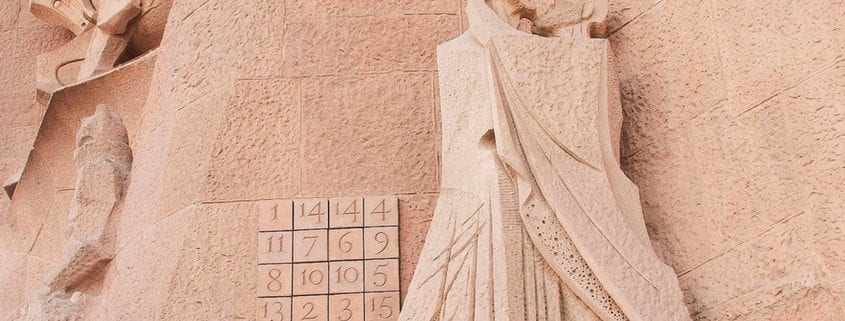
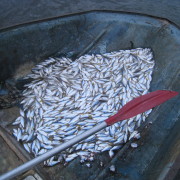



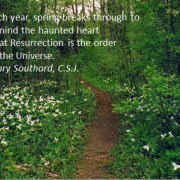


Trackbacks & Pingbacks
[…] WEDNESDAY OF HOLY WEEK: SILENCE CRUCIFIES […]
Leave a Reply
Want to join the discussion?Feel free to contribute!